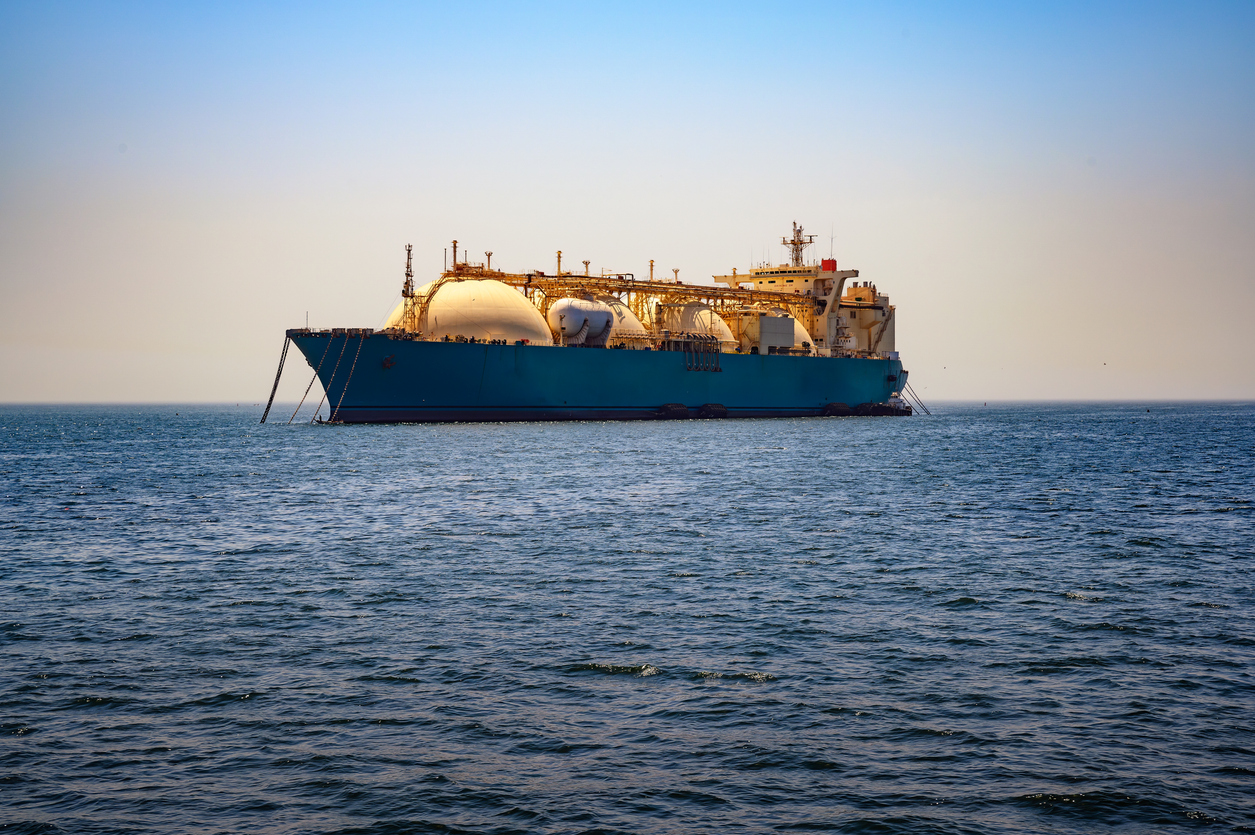Vessel Types in Nigeria: Key Players in Maritime Trade and Operations
The maritime industry in Nigeria is critical for the nation’s economy, enabling the efficient transport of goods, resources, and personnel domestically and internationally. Nigeria’s diverse fleet of vessels serves the needs of key sectors such as oil and gas, agriculture, and manufacturing, as well as facilitating regional and global trade. Each vessel type is designed to meet specific operational demands, from crude oil transport to containerized cargo delivery.
In this article, we explore the primary types of vessels operating in Nigeria, their roles, and their significance in the maritime sector.
1. Oil Tankers
Given Nigeria’s status as Africa’s largest oil producer, oil tankers are among the most prominent vessels operating in the country.
Types of Oil Tankers:
- Crude Oil Tankers: Transport large volumes of crude oil to international refineries.
- Product Tankers: Carry refined petroleum products like diesel, kerosene, and gasoline.
- Liquefied Natural Gas (LNG) Carriers: Specialized vessels for transporting natural gas in its liquefied form.
Role in Nigeria:
Oil tankers are vital for exporting Nigeria’s crude oil and LNG to global markets, contributing significantly to the country’s revenue.
2. Bulk Carriers
Bulk carriers are used to transport unpackaged goods in large quantities, catering to Nigeria’s industrial and agricultural needs.
Types of Bulk Carriers:
- Dry Bulk Carriers: Handle commodities such as coal, grains, fertilizers, and cement.
- Liquid Bulk Carriers: Transport liquid commodities, including chemicals and edible oils.
Role in Nigeria:
Bulk carriers facilitate the import and export of essential commodities, supporting agriculture, construction, and manufacturing sectors.
3. Container Ships
Container vessels are essential for transporting goods in standardized containers, enabling efficient global trade.
Types of Container Ships:
- Feeder Vessels: Smaller ships used for regional distribution and short-haul routes.
- Mainline Container Ships: Larger vessels operating on international shipping routes.
Role in Nigeria:
Container ships are key to importing consumer goods, electronics, and machinery while exporting agricultural products and textiles.
4. Offshore Support Vessels (OSVs)
The oil and gas industry relies heavily on OSVs to support offshore exploration and production.
Types of OSVs:
- Platform Supply Vessels (PSVs): Deliver supplies, equipment, and materials to offshore oil platforms.
- Anchor Handling Tug Supply (AHTS) Vessels: Assist in anchoring and towing oil rigs.
- Crew Boats: Transport personnel to and from offshore installations.
Role in Nigeria:
OSVs are indispensable for supporting the logistics of Nigeria’s offshore oil and gas operations, especially in the Niger Delta.
5. Roll-On/Roll-Off (Ro-Ro) Vessels
Ro-Ro vessels are designed to transport vehicles and wheeled cargo efficiently.
Role in Nigeria:
They play a significant role in Nigeria’s automotive industry by facilitating the import of cars, trucks, and heavy machinery.
6. General Cargo Ships
General cargo ships transport break-bulk cargo, including machinery, construction materials, and industrial goods.
Role in Nigeria:
These versatile vessels support various industries by delivering goods not suited for containerized or bulk transport.
7. Passenger Vessels
While less prominent, passenger vessels operate within Nigeria to support domestic travel and tourism.
Role in Nigeria:
Ferries and other passenger vessels connect coastal communities and islands, enhancing mobility and tourism.
8. Fishing Vessels
Fishing vessels are crucial for Nigeria’s growing aquaculture and fisheries sector.
Types of Fishing Vessels:
- Trawlers: Larger vessels for deep-sea fishing.
- Artisanal Boats: Smaller vessels used by local fishermen.
Role in Nigeria:
They support food security and generate revenue from domestic and export markets.
9. Specialized Vessels
These vessels cater to niche requirements, often tied to specific industries.
Examples:
- Heavy-Lift Vessels: Transport oversized cargo, such as oilfield equipment.
- Dredgers: Used for port maintenance and waterway clearing.
Role in Nigeria:
Specialized vessels support infrastructure development and industrial operations.
Challenges Facing Vessel Operations in Nigeria
1. Port Congestion
Overcrowded ports, particularly in Lagos, delay vessel operations and increase costs.
2. Maritime Security
Piracy and cargo theft in the Gulf of Guinea pose risks to vessel operators.
3. Regulatory Complexities
Navigating Nigeria’s complex trade laws and customs processes can be challenging.
4. Infrastructure Deficits
Limited access to deep-water terminals and outdated facilities hinder efficient vessel operations.
How Wigmore Trading Supports Vessel Operations in Nigeria
Wigmore Trading offers expert logistics solutions to optimize vessel operations in Nigeria. Here’s how we help:
1. Freight Forwarding and Logistics
We manage the end-to-end shipping process, ensuring timely cargo movement.
2. Customs Clearance Expertise
Our team streamlines compliance with Nigerian trade regulations, reducing delays.
3. Maritime Security Solutions
We partner with security providers to protect vessels and cargo in high-risk areas.
4. Port Operations Assistance
Wigmore Trading enhances efficiency in vessel berthing, cargo unloading, and distribution.
Conclusion
The diverse range of vessel types operating in Nigeria underscores the country’s dynamic maritime industry. From oil tankers and container ships to fishing vessels and offshore support vessels, each plays a vital role in supporting trade, industry, and economic growth. Despite challenges like port congestion and security risks, opportunities for growth through infrastructure development and technological advancements are immense.
For businesses navigating Nigeria’s maritime landscape, Wigmore Trading offers tailored solutions to optimize vessel operations and ensure success. Contact us today to learn how we can support your logistics needs.








Comments are closed.